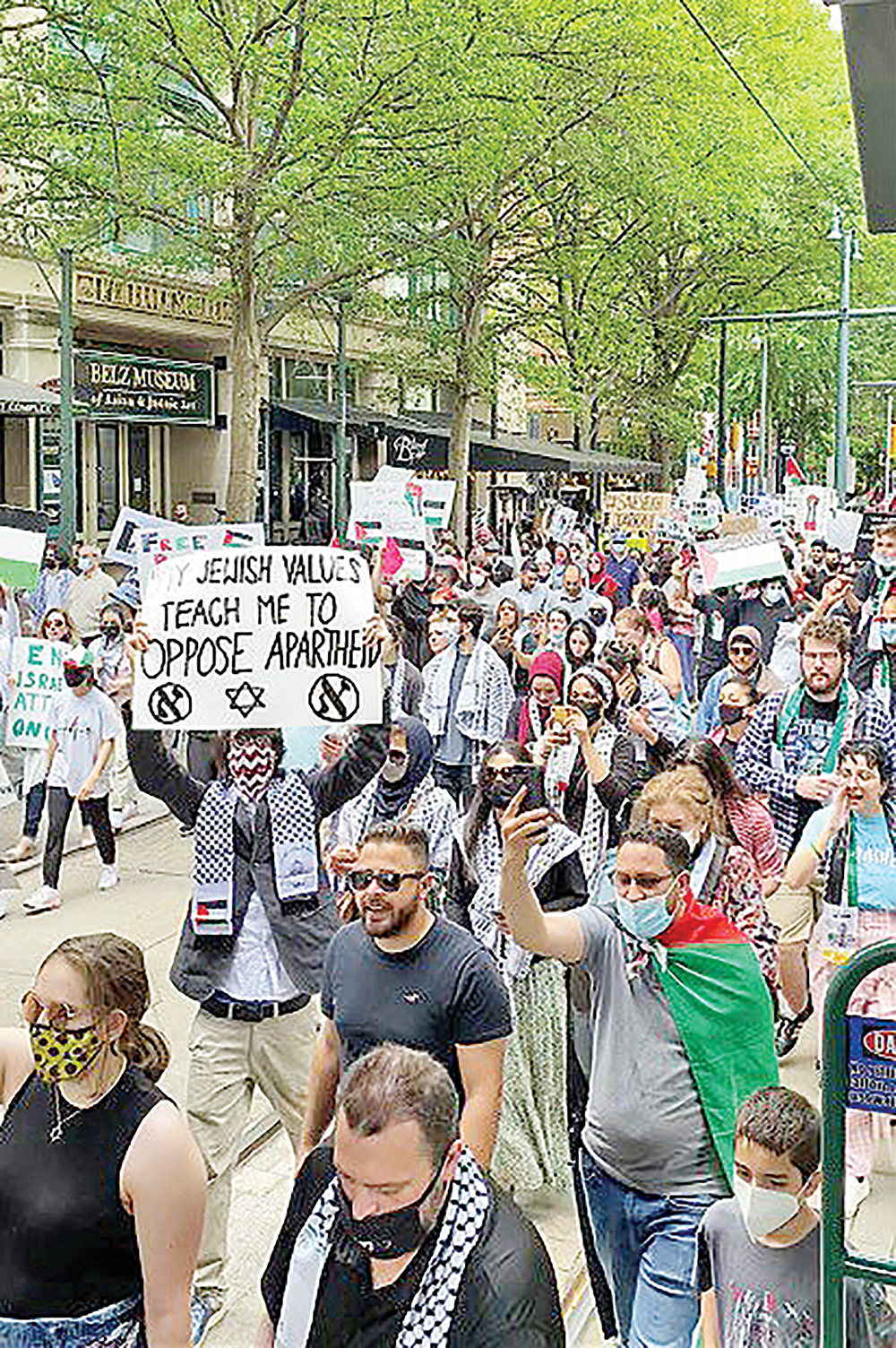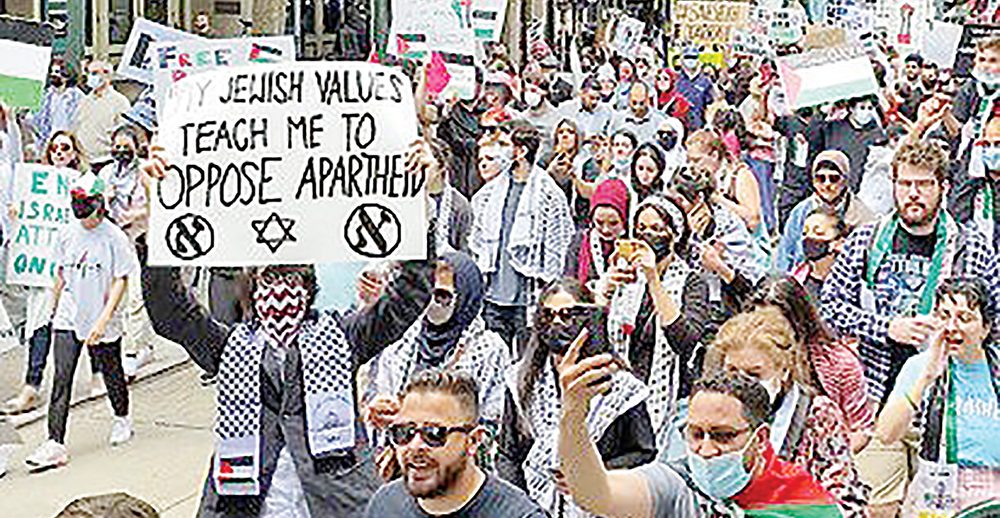Last week’s Flyer cover story on the closing out of the 2021 legislative session in Nashville referred to several bills that were passed in the last week of the session. Two that were not included in the survey but deserve some attention, perhaps, were House Bill 22/Senate Bill 14 by state Rep. John Gillespie (R-District 97) and state Senator Brian Kelsey (R-District 31), which raised the penalty for drag racing on public thoroughfares from a Class B misdemeanor to a Class A misdemeanor, and HB1267/SB588 by Gillespie and Sen. Ed Jackson (R-Jackson).
The latter bill was a complicated piece of legislation that established a new governing structure for both the state Lottery Board and the new Sports Wagering Advisory Board.
Gillespie is a first-termer, elected last year in a hard-fought contest with Democrat Gabby Salinas. Discussing his initial term as a legislator with a reporter in the last days of the session, Gillespie displayed genuine exuberance with the bill-making process, as well he might, given that he would become the recipient of the Tennessee Journal’s unofficial Freshman of the Year Award, announced in the periodical’s most recent issue.

Perhaps the key accomplishment for Gillespie, however, was not his sponsorship of the two aforementioned measures, but his insistence on not voting for another bill, HB786/SB765, pushed by no less than Governor Bill Lee and sponsored by the majority leaders of the two chambers. Perhaps the No. 1 administration bill of the session, this is the one that allows for permitless carry of firearms in the state, a dramatic change indeed and one with potentially major consequences.
Gillespie was one of only three Republican members of the legislature to reject the governor’s magnum opus, and the only freshman. Took some nerve, that did.
• Memphis is not Portland, but the city has developed its own penchant — orderly, focused, but by no means bashful or lacking in commitment — for responding to local, national, and international events of consequence. Examples in recent years have been the Women’s March of January 2017, a response to the then brand-new Trump administration; the “bridge” demonstration of the previous year to protest police violence against Black youth; and numerous manifestations of the Black Lives Matter movement.
Now add the impressive turnout on Sunday for an “Emergency Rally for Palestine,” which began with a gathering and speeches at City Hall and climaxed with a march of some 300 ethnically mixed participants to the National Civil Rights Museum. The rally was held to protest what its sponsors see as the U.S. government’s uncritical acceptance of Israel’s aggressive control measures in the ongoing violence between Israelis and Palestinians.
